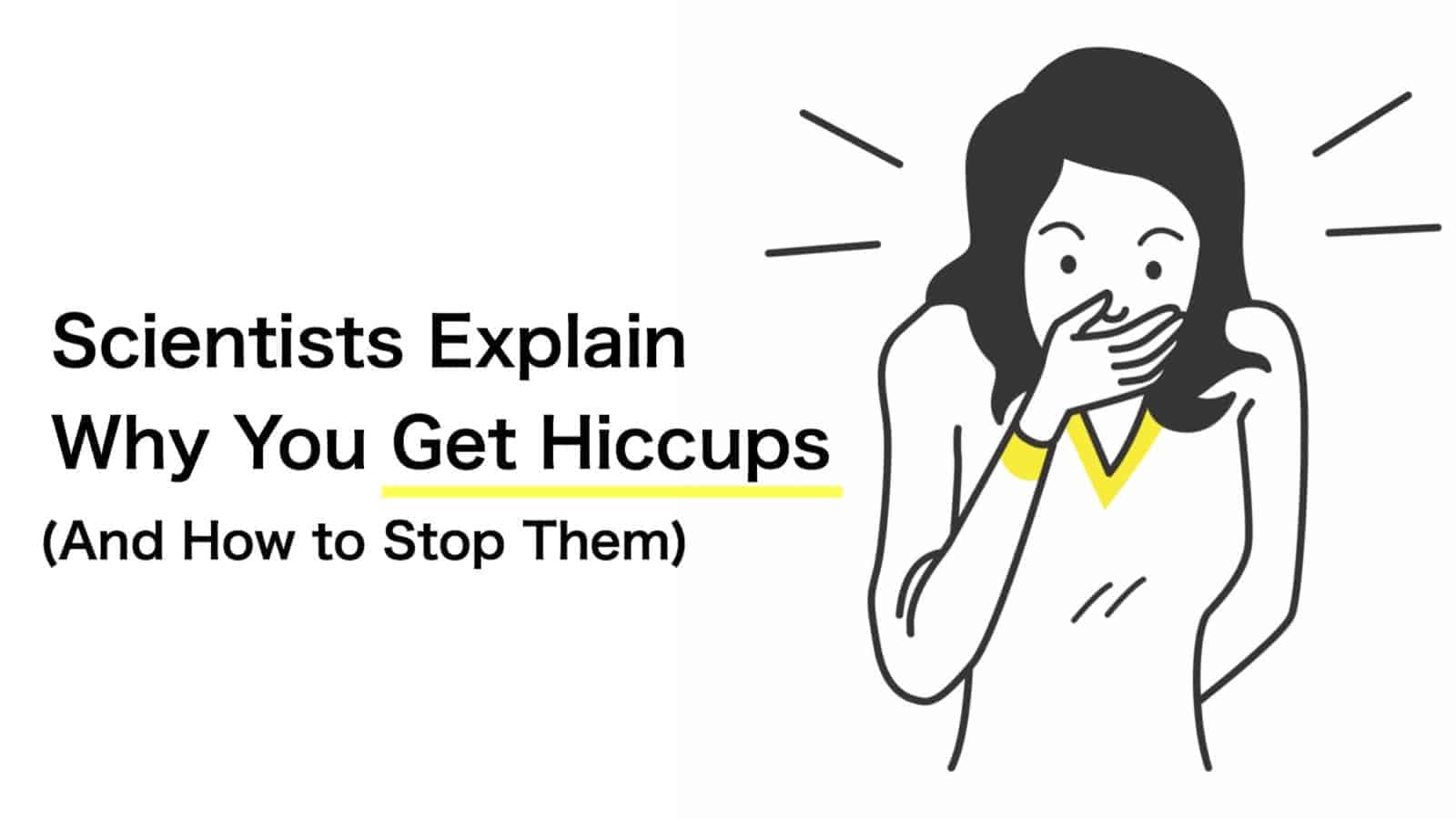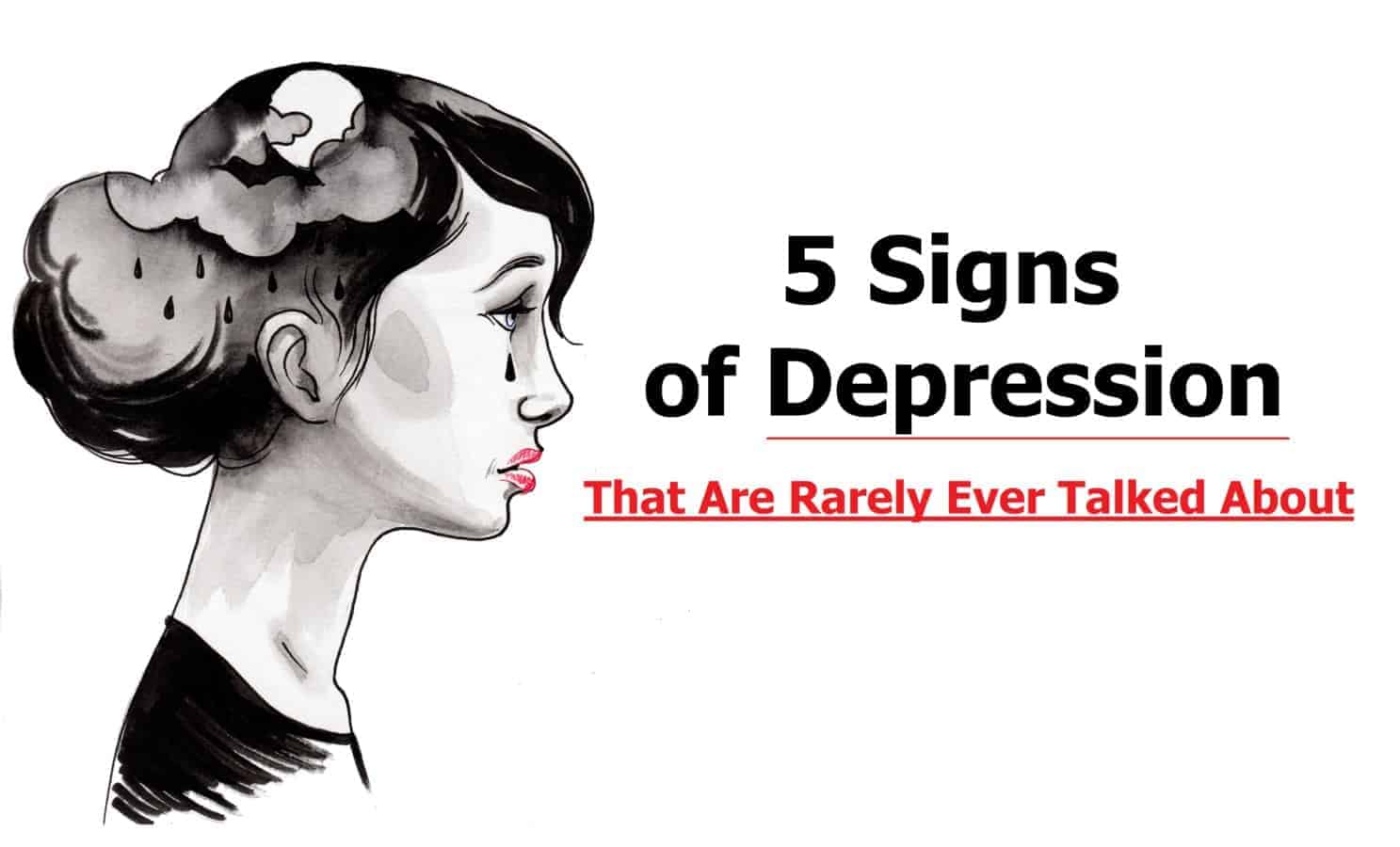“*Hic*…*Hic*…Ugh. *Drinks water* *Hic*…Dang it!” ~ Anyone who has ever had hiccups
“What are hiccups exactly?”
We don’t know you. But unless you’re a doctor, you probably don’t have the slightest clue as to what hiccups are.
In short, hiccups are sudden, involuntary contractions of the diaphragm caused by complex neuronal activity within the brainstem. During normal breathing, the diaphragm will contract upwards. The diaphragm contracts downwards during a *hic* episode.
Here’s what happens during a hiccup as the diaphragm does its thing:
– The voice box (larynx) snaps shut.
– The opening of the vocal cords (glottis) closes, blocking air intake.
The hic sound results from the surge of air – caused by a forceful, involuntary inhalation – hitting the closed glottis and reverberating upwards.
In this article, we’re going to discuss a couple of things. First, we’ll try and explain why hiccups occur in the first place; second, a quick detour into the most recent medical findings; lastly, we’ll talk about some ways of getting rid of the little buggers that may work for you!
Let’s get after it!
“Why do we get hiccups?”
Hiccups don’t appear to have a specific cause. Experts have been studying this topic for years and have never reached anything close to a consensus.
However, while mad scientists all over the globe try and get to the bottom of things; we do know that the following circumstances, conditions, and illnesses have been associated with a higher risk of developing hiccups:
– After eating dry breads.
– After consuming alcohol.
– Drinking carbonated beverages (soda is the biggie).
– Eating to excess or too quickly.
– Irritation of the phrenic nerve, located near the esophagus, by hot or spicy foods.
– Excess gas in the stomach, which puts pressure on the diaphragm.
– A sudden change in environmental temperature.
– Certain medications, including benzodiazepines (Xanax), opiates (OxyContin, Percocet), and barbiturates (various).
Medical Conditions
Some medical issues have been linked to higher incidence of hiccups. These include:
– Central Nervous System (CNS) conditions, including brain tumor, encephalitis, stroke, and traumatic brain injury (TBI).
– Conditions that irritate the vagus nerve, including goiter and meningitis.
– Certain psychological states, such as anxiety, hysteria, grief, shock or stress.
– Metabolic conditions, including hypoglycemia, hyperglycemia, or diabetes.
– Gastrointestinal (GI) tract conditions, including inflammatory bowel disease (IBD) and gastro-esophageal reflux disease (GERD).
Prolonged hiccups
Though rare, hiccups that last for a few days to a few months do occur. When it does, the acute condition can cause other health issues, including:
– Communication issues: as frequent hiccup episodes disrupt the ability to talk, communication problems are often the result.
– Depression: long-term hiccups have been linked to an increased risk of developing clinical depression.
– Fatigue: hiccups place a strain on the body, throwing it out of equilibrium and resulting in exhaustion and fatigue.
– Insomnia: hiccups may surface during sleeping hours; if so, patients will likely find it difficult to fall and stay asleep.
– Weight loss: in some cases, hiccups are not only long-term but occur in intervals; if this is the case, it may be hard for the person to eat healthily.
“Isn’t holding my breath supposed to help?”
Maybe. Depends on the person. Honest answer.
Hiccups are truly mind-boggling, aren’t they?
We wish we could give you a one-size-fits-all solution for getting rid of the dastardly things, though we can’t.
But…
Some people have found a way of getting rid of hiccups that always seems to work. (We’ll provide some examples below!)
And…
Scientists may just be making a bit of headway in providing treatment for chronic hiccups.
First, here are some possible hiccup cures to try:
– Breathe slowly into a paper bag.
– Eat (slowly) a spoonful of creamy peanut butter.
– Hold your breath for three seconds, breathe out slowly, and repeat 3-4 times every 30 minutes.
– Hug your knees close to your chest for a short while.
– Lean forward and compress your chest.
– Place some light pressure on your diaphragm.
– Slowly sip ice-cold water.
– Suck on a lemon.
– Take a spoonful of sugar.
– While swallowing, put some pressure on the bridge of your nose.
Dr. Tyler Cymet, an internist and head of medical education at the American Association of Colleges of Osteopathic Medicine has designed a variety of treatment regiments for his patients – mainly breathing exercises, cognitive behavioral therapy, and yoga – at about a 25 percent success rate.
“Everybody gets them, but we don’t know why – we don’t know if [in terms of evolution] it’s adaptive or maladaptive,” Cymet said. “We’re still in the dark ages of understanding hiccups.”














 Community
Community

